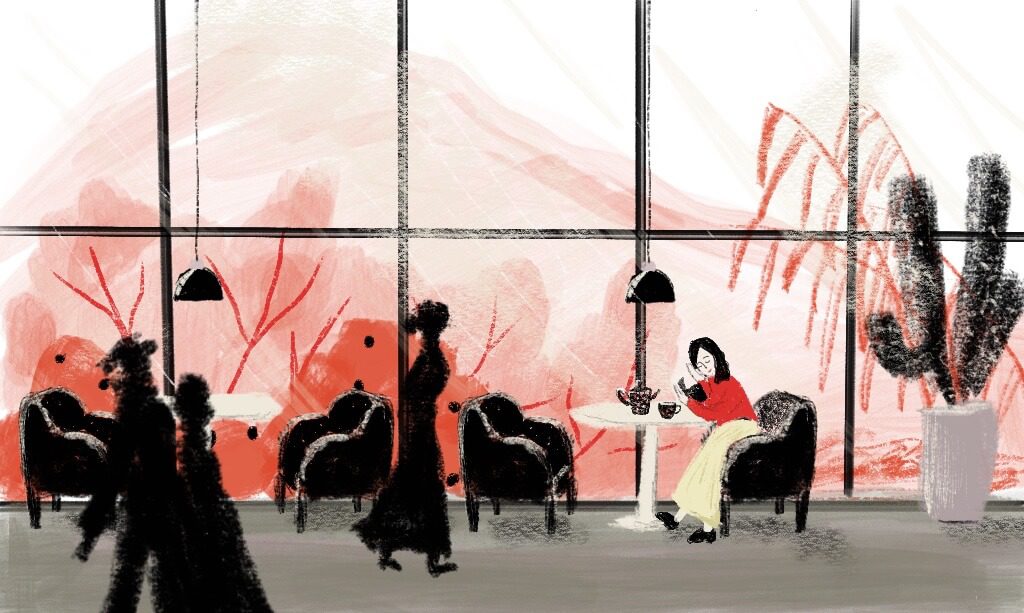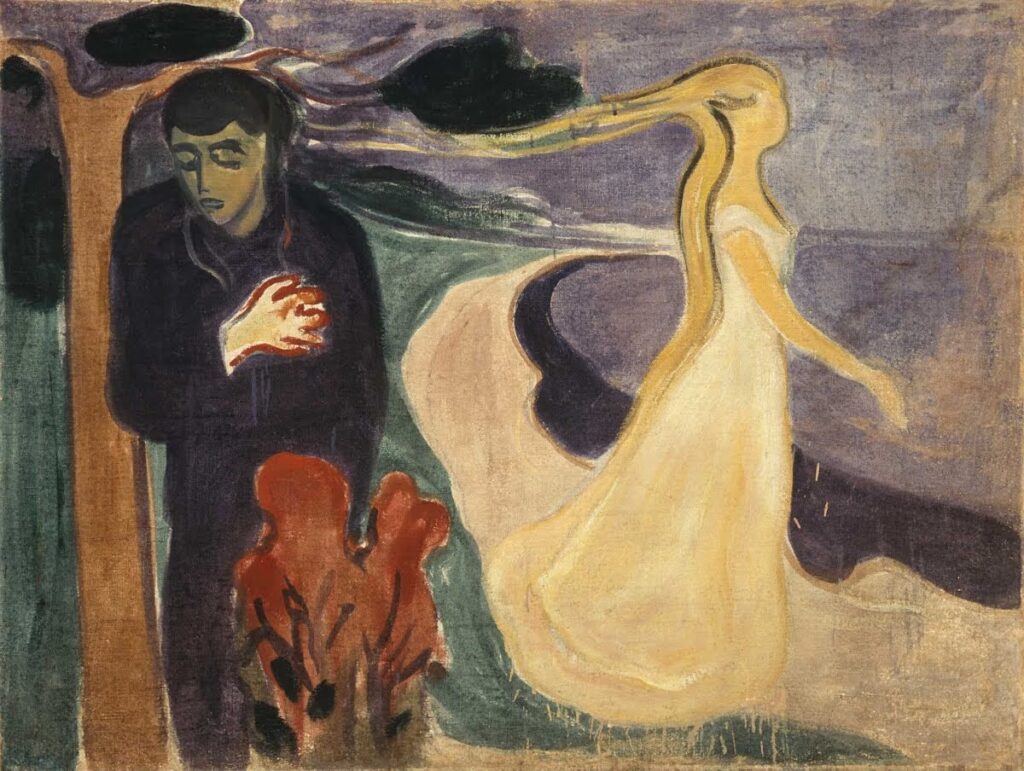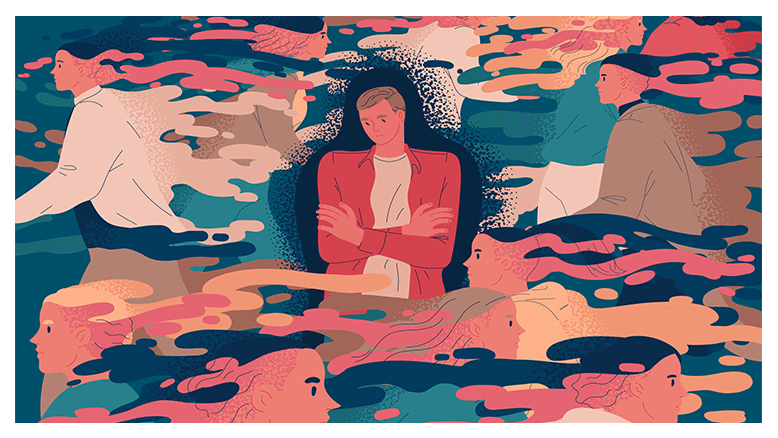In the modern world, singlehood is not about having limited options or not being good enough for someone; it is about making a choice. It is a choice to refuse to let your relationship status define your life. Traditionally, a stigma remained on bachelors who failed to find a life partner, especially women in their twenties.
But today, society is changing, and more and more people are choosing singlehood. However, given that humans are social beings, isn’t it unhealthy not to have any romantic ties for an extended period?
Before we dive into why singlehood is on the rise, let’s briefly discuss the terms of singlehood in the modern world.
What exactly is Singlehood?
Does it mean to avoid Romantic Relationships forever or only temporarily?
Singlehood refers to being unmarried or not in a committed relationship. It is a term used to describe people not in a romantic partnership or marriage at the present moment. In other words, single people may be actively dating, casually seeing others, or intentionally choosing to remain unattached.
Singlehood is diverse and fluid; it can encompass various stages of life and reasons for not being in a committed relationship. Some may be single due to circumstances such as not encountering a suitable partner, experiencing a breakup, divorce, or being widowed. Others may be single by choice, embracing their independence and autonomy, lack of desire for love, or prioritising other aspects of their lives like self-discovery, career development, or personal growth.
Singlehood is a valid and legitimate relationship status. People may find fulfilment and happiness in this state just as they would in a committed partnership or marriage. Although singlehood was more of a choice in Western countries since the 70s-80s, it had an entirely different outlook in Eastern countries until the 90s. Society’s views on singlehood have evolved. Today, there is less stigma associated with being single, allowing people to live and pursue their lives as they see fit, whether they are in a relationship or not. The attitudes toward singlehood and relationship statuses can change over time and are highly individualistic.
Singlehood can be a temporary stage in life for some and a long-term lifestyle choice for others.

Why do so many millennials continue to prefer singlehood?
In the recent past, singlehood has been on the rise, especially among millennials. And therefore, the probe gets its limelight.
Millennials, like any generation, make choices about their relationship status for numerous reasons. It’s essential to recognise that individual motivations can vary widely. Several societal and cultural factors, including financial and emotional constraints, can influence the prevalence increase of singlehood. And the relative importance of these issues can vary from person to person.
However, I have narrowed down to five primary factors that have contributed to some millennials preferring the singlehood trend for the long term.
Desire for Independence & Personal Liberty
Many people value their independence and enjoy the freedom that characterises singlehood. Millennials see singlehood as an opportunity to invest time and energy in their changing hobbies and personal development. They choose singlehood because it allows them to exercise their decisions about their life, careers, and personal choices without consulting a partner. Many people might find this behaviour selfish or toxic, but this only shows another perspective on how clear their thoughts could be with their life preferences.
For example, many people find happiness and contentment by enjoying a fulfilling social life in their single status. And they may not long for a romantic partner to fulfil their emotional or social needs. The perks of singlehood provide opportunities to maintain a wide social circle, make new friends, and engage in social activities without feeling tied down by a partner. Ultimately, these millennials are simply content with the single life and have no desire to change their relationship status. They find fulfilment in other aspects of their lives through their independence and personal liberation.
Economic Challenges & Financial Independence
The willingness to marry and commitment amongst the millennials are on a decline. Even though many millennials are getting married, they choose to delay their romantic milestones and family formation, unlike the previous generations. And this delay can be attributed to factors such as pursuing higher education, establishing their careers, exploring their identities, and seeking financial stability before long-term partnerships or commitments. Moreover, millennials are combatting immense economic challenges, including high student loan debt, rising housing costs, recessions, and increasing job instability, making it more challenging to establish a stable financial foundation for traditional commitments like marriage or cohabitation. And raising a family can be very substantial, especially in this era. As a result, they may spend more years in singlehood.
Being single can sometimes be more financially advantageous, as millennials can manage their finances independently and avoid shared economic responsibilities such as fostering their partner or their partner’s family. Therefore, millennials delay or forgo long-term relationships until they feel financially secure and allocate their resources, time, and money toward personal goals and investments.
Personal Growth & Mental Wellness
The search for personal growth, self-discovery, and mental wellness is are crucial characteristic of singlehood. And most of the time, self-exploration and self-care can be easier to achieve when not in a committed long-term partnership. For example, relationships can be emotionally demanding, and some have experienced the challenges and complexities of romantic bonds and may choose singlehood to avoid such complications, emotional turmoil, conflicts, or potential stress that can come with them. Then, some millennials have had negative or traumatic experiences in past relationships that could have been emotionally and mentally draining for them to function in other fields of their lives.
Millennials are generally more open about mental health issues and self-care. They also have diverse life goals and priorities. Therefore, preferring their mental and emotional well-being can involve taking time for themselves and avoiding further emotional pain or disappointment. Singlehood provides them the time and energy to pursue their personal goals and ambitions, whether education, career advancement, travelling the world, mental wellness, or discovering new hobbies and interests.

Fear of Divorce & Separation
Most millennials grew up witnessing failed or bad marriages and high divorce rates among their parents or communities. These circumstances make them more cautious about committing to long-term relationships or marriage, as they want to avoid potential future separation and its associated emotional and financial challenges. These concerns about the potential for divorce or the end of a relationship can discourage some millennials from pursuing long-term romantic partnerships until they feel more confident with their lover. Then again, some people may simply not be ready for the level of commitment and responsibility that comes with a romantic partnership due to their past traumatic experiences. They may prefer casual dating or non-committal relationships until they find the right match.
Dating Culture, Relationship Dynamics, & Social Norms
Millennials aspire to find a meaningful and compatible partner rather than settle for a relationship that doesn’t meet their expectations, which can also lead to a prolonged period of singlehood. They have grown up in a transitional era of social norms, online dating, gender equality, and increasing acceptance of diverse lifestyles and relationship structures. Societal attitudes toward singlehood have evolved, with less stigma attached to marriage or not being in a committed relationship. And this shift in norms has given millennials more freedom to choose their relationship status without feeling pressured by traditional relationship structures and societal expectations regarding love.
Millennials are more open and accepting of broad relationship structures, including polyamory and non-monogamous arrangements. They have grown more selective with their choices and in choosing the right match that aligns with their beliefs. Then, the proliferation of dating apps and social media platforms has provided millennials with new ways to connect with potential partners and engage in casual dating. The way millennials approach relationships has also changed because they have more opportunities to explore casual dating or non-exclusive arrangements without committing to marriage or long-term partnerships. This openness and new dating culture have led to a more flexible approach to exploring relationships, including singlehood or having multiple partners. Then again, some are still waiting for their perfect soulmate.
Therefore, should this trend of rise in singlehood be alarming, or should it be an accepted norm?
People’s choices regarding their relationship status are highly individual and can change over time based on their circumstances and evolving priorities. It’s essential to recognise that such factors are interconnected, and the preference for singlehood can result from a fusion of financial, social, cultural, mental, and emotional considerations.
Then again, the significance of these factors can vary among different age groups within millennials, urban and rural regions, and cultural backgrounds. While some millennials embrace singlehood for these reasons, many actively seek long-term partnerships and marriage.
Societal changes and evolving norms have reduced the stigma associated with singlehood, making it more acceptable for individuals to choose this path for reasons that align with their values, goals, and circumstances. Some millennials prioritise financial stability before entering a committed relationship, while others highly emphasise emotional fulfilment with romantic ties. Ultimately, preferring singlehood or commitment is highly private and shaped by numerous factors, and there is no one-size-fits-all answer.
Therefore, singlehood is a valid and legitimate choice and should be respected. People have different priorities, values, and circumstances that influence their choice to remain single, and their reasons can change over time. Some millennials may embrace singlehood without a ticking clock and later choose to enter into committed relationships or marry when they find that “perfect match,” while others may prefer singlehood as a lifetime choice.

